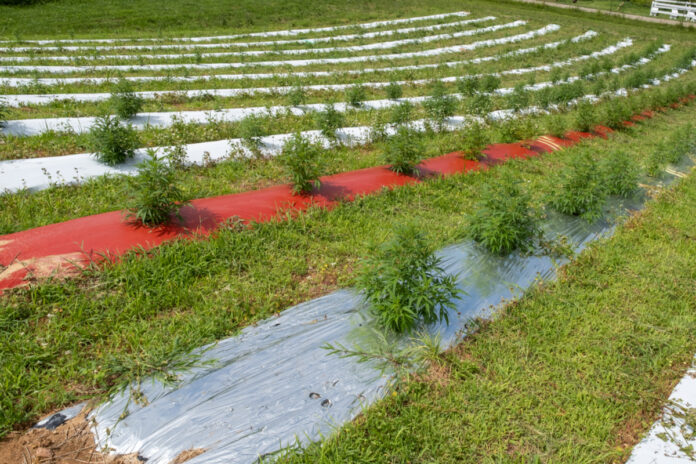WASHINGTON, D.C. – The U.S. Department of Agriculture’s (USDA) final rule on hemp production went into effect March 22, 2021, providing what some members of the industry have called, “much-needed clarity.” Mandated by the 2018 farm bill’s requirement the USDA establish a national regulatory framework for hemp production, the final rule represents years of work and many rounds of feedback from farmers and hemp industry advocates.
“The final rule on hemp production is much improved over the interim final rule previously issued by USDA,” said Kentucky Agriculture Commissioner Ryan Quarles. “The improvements were the results of work conducted by the Kentucky Department of Agriculture and other state agencies to provide feedback to the USDA. I am grateful for all of the work done by the previous administration, including that of former Under Secretary of Agriculture Greg Ibach and his team, to have an open line of communication with state leaders.”
The USDA outlined key provisions of its final rule, including:
Negligent violation. Producers must dispose of plants that exceed the acceptable hemp THC level. However, if the plant tests at or below the negligent threshold stated in the rule, producer will not have committed a negligent violation. The final rule raises the negligence threshold from 0.5 percent to 1 percent and limits the maximum number of negligent violations that a producer can receive in a growing season (calendar year) to one.
Disposal and remediation of non-compliant plants. The final rule allows for alternative disposal methods for non-compliant plants that do not require using a [Drug Enforcement Administration] reverse distributor or law enforcement and expands the disposal and remediation measures available to producers. [Agricultural Marketing Service] will provide acceptable remediation techniques in a separate guidance document.
Testing using DEA-registered laboratories. There are an insufficient number of DEA-registered laboratories to test all the anticipated hemp that will be produced in 2020 and possibly 2021. DEA has agreed to extend the enforcement flexibility allowing non-DEA registered labs to test hemp until January 1, 2022 and is processing lab registration applications quickly to get more labs testing hemp DEA-registered.
Timing of sample collection. The [interim final rule] stated a fifteen-day window to collect samples before harvest. The [final rule] extends this requirement to thirty days before harvest.
Sampling method. Stakeholders requested that samples may be taken from a greater part of the plant or the entire plant. They also requested sampling from a smaller number of plants. The FR allow states and tribes to adopt a performance-based approach to sampling in their plans. The plan must be submitted to USDA for approval. It may take into consideration state seed certification programs, history of producer compliance, and other factors determined by the state or tribe.
Extent of tribal regulatory authority. The IFR did not specifically address whether a tribe with an approved USDA plan could exercise primary regulatory authority over the production of hemp across all its territory or only lands over which it has inherent jurisdiction. The final rule provides that a tribe may exercise jurisdiction and therefore regulatory authority over the production of hemp throughout its territory regardless of the extent of its inherent regulatory authority.
“We’re really pleased that the final rule was such an incredible improvement over the interim final rule, and it really demonstrates both that the career staff at the USDA as well as the new Biden administration took into account all of the industry’s concerns,” said Jonathan Miller, general counsel for the U.S. Hemp Roundtable.
For more information about the final rule, watch USDA’s recorded webinar.













[…] early 20th Century in Europe and Asia. Frequently, ruderalis plants have been found in regions where hemp production used to take […]